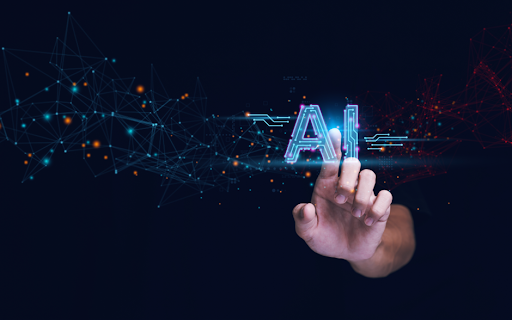Introduction
The advent of Generative AI (Gen AI) is poised to revolutionise various sectors, including finance, technology, and business. The Future Skills Organisation, an Australian Government-funded jobs and skills council, has released a report predicting the profound impact of Gen AI on higher-level qualifications and occupations. This article delves into the findings of this report and other global insights, exploring the implications for Australia's training systems and the broader labour market.
Impact on High-Level Jobs and Qualifications
The report underscores that occupations requiring higher skill levels are more susceptible to changes brought about by Gen AI, mainly due to their reliance on cognitive skills. This shift is expected to be most pronounced at the university level, affecting graduate certificates and diplomas within the VET system. In sectors like finance, technology, business, HR, accounting, banking, marketing, and communications, roles are identified as having the greatest exposure to Gen AI.
The Role of Cognitive and Sensory Skills
Patrick Kidd, CEO of Future Skills Organisation, highlights that occupations involving more cognitive and sensory skills will face the most significant impact from Gen AI. Conversely, jobs relying on physical skills are expected to feel the least impact. This distinction is crucial for understanding how different sectors and job roles will need to adapt to the evolving landscape.
Training Systems and the Digital Worker Shortfall
The report's findings are critical for tailoring Australia's training systems to address the projected shortfall of 370,000 digital workers by 2026. It emphasises the need for training providers and students to equip themselves with skills that harness the potential of Gen AI rather than being passive bystanders in this technological revolution.
Global Perspectives: The McKinsey Global Institute’s Report
The McKinsey Global Institute’s report on Gen AI and the future of work in America provides additional insights. The report, emerging from the backdrop of COVID-19 and the rapid emergence of Gen AI, examines the changing nature of work and jobs. It highlights the labour market's unprecedented technical changes and the impact of federal investments in infrastructure and net-zero efforts.
Occupational Shifts and the Role of Automation
The McKinsey report notes that the impact of Gen AI could automate almost 10% of tasks in the US economy, disproportionately affecting lower-wage jobs. However, it also influences higher-wage roles, necessitating a shift in how these jobs are performed. The report emphasises the need for reskilling and upskilling, particularly in occupations like customer service, food service, production, and office support.
Building New Worker Skills and Inclusivity
Both reports stress the importance of public-private partnerships and skills-based hiring to facilitate the transition of workers into new roles. They also highlight the need to ensure that traditionally disadvantaged groups are not excluded from these opportunities.
The Green Jobs Opportunity
The McKinsey report also touches on the potential job growth in the net-zero sector, pointing out the need to transition workers from declining industries to greener jobs. This shift presents a significant opportunity for job creation, particularly in renewable energy and infrastructure.
Conclusion
The integration of Gen AI into the workforce is a complex and multifaceted challenge that requires a proactive and inclusive approach. For high-level professionals, adapting to these changes means understanding AI capabilities, leveraging AI technologies effectively, and embracing new ways of working. For training systems, particularly in Australia, aligning with these emerging trends is crucial to address the digital worker shortfall and maintain the country's competitive edge in the global market.


































